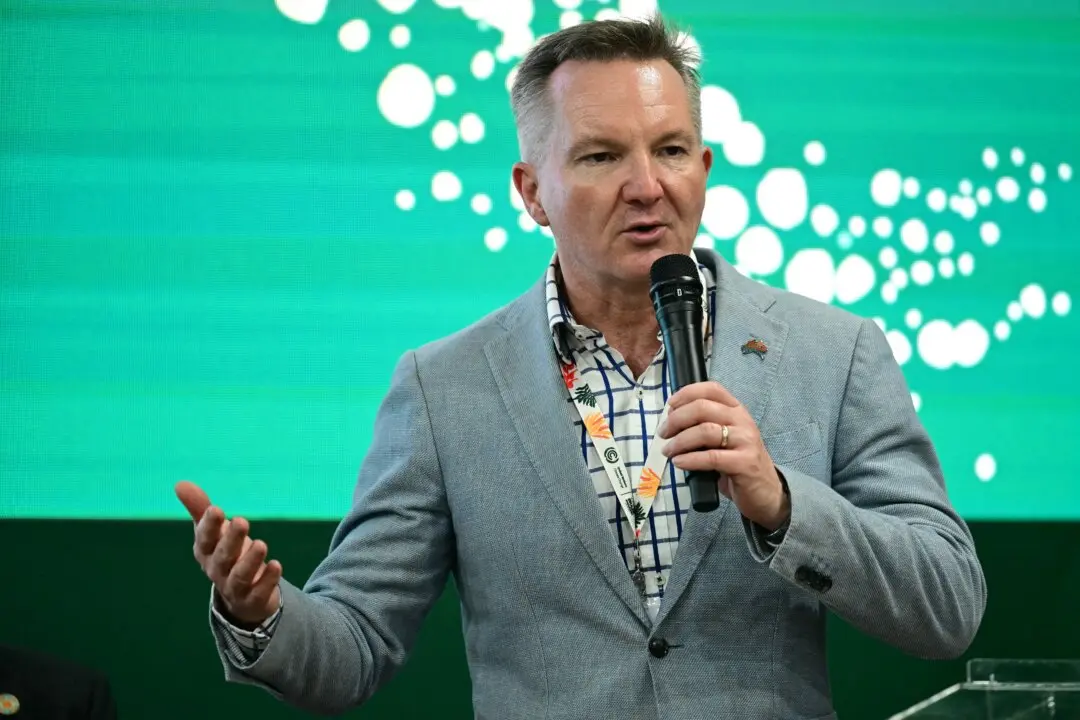Australia will no longer host the world’s most important climate summit in Adelaide next year, after conceding to a rival Turkish bid.
The compromise would see Turkey host COP31 in 2026, while Australia takes charge of the negotiations.
Climate Change and Energy Minister Chris Bowen said Australia had secured key elements of its original vision, including a pre-COP event hosted in the Pacific and a pledging event for the Pacific Resilience Fund, describing both as essential to elevating Pacific voices.
“Our motivation in bidding to host COP31 has always been to, one, elevate the views and the interests of our Pacific brothers and sisters," said Bowen, who is currently in Belém, Brazil, for the 30th Conference of the Parties (COP30).
“Two, to support multilateralism, particularly as it comes under criticism, and three, of course, to act in Australia’s best interests.”
He acknowledged the outcome involved a “significant concession,” but argued Turkey had also compromised by accepting Australia as negotiating president.
Bowen confirmed that as President of Negotiations, he would hold full authority over the diplomatic process—including appointing co-facilitators, managing negotiations, drafting text, and issuing the cover decision.
Turkey, meanwhile, would manage operational and logistical aspects as host.
Albanese: No Veto, No Standoff
Prime Minister Anthony Albanese had hinted at such a compromise earlier in the week, warning that a protracted standoff over COP31 hosting rights risked destabilising Pacific diplomacy—a core priority for Canberra.
Australia and Turkey both submitted bids in 2022. Neither withdrew, and under UN rules, a single objection can collapse the bid and send the summit back to Bonn, Germany, a scenario Albanese said carried unacceptable diplomatic consequences.
“There was considerable concern … that a failure to reach consensus could jeopardise efforts to push for a united diplomatic front to act on climate,” he said at a press conference in Perth.
“If Australia is not chosen, if Turkey is chosen, we wouldn’t seek to veto that. What we would seek to do is to ensure that the Pacific benefited from that.”
Although the Albanese government insisted publicly that Australia had not withdrawn from the race, officials privately acknowledged a structural reality of the UN system: a single objection—even from the rival bidder—can collapse the entire hosting process.
Under UN rules, if just one country objects, the bid automatically fails and the summit reverts to Bonn, Germany. The fund is designed to help poorer countries on the frontline of climate damage.
Bowen described the rule as a flaw in the system, rather than a failure of Australia’s strategy.
“It doesn’t matter if you had 190 votes or 189. That’s not the process I would design if I was in charge of COP selection from scratch, but it’s the process we work under,” he said.





